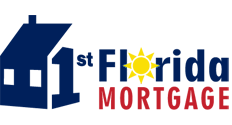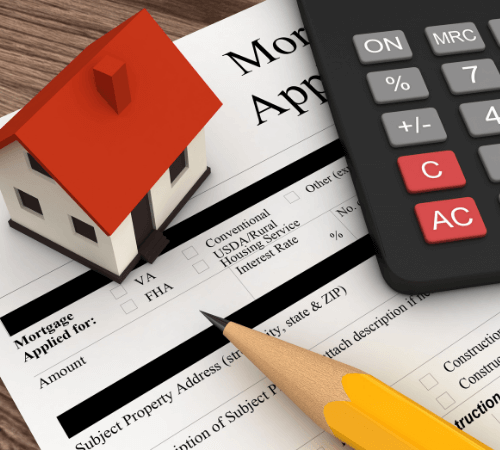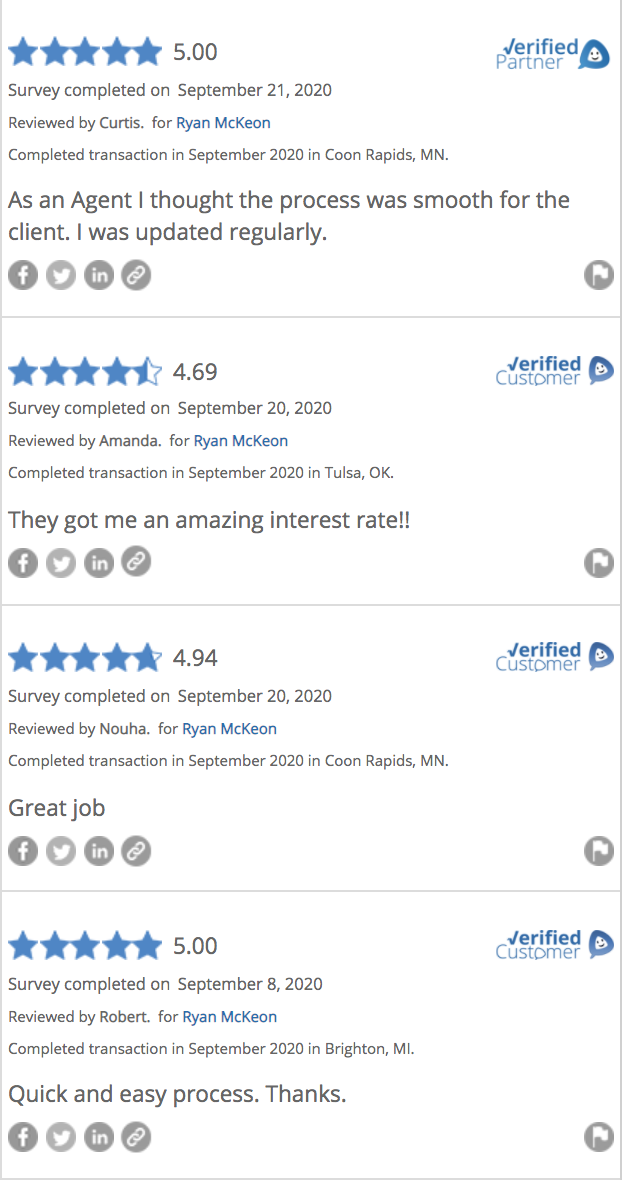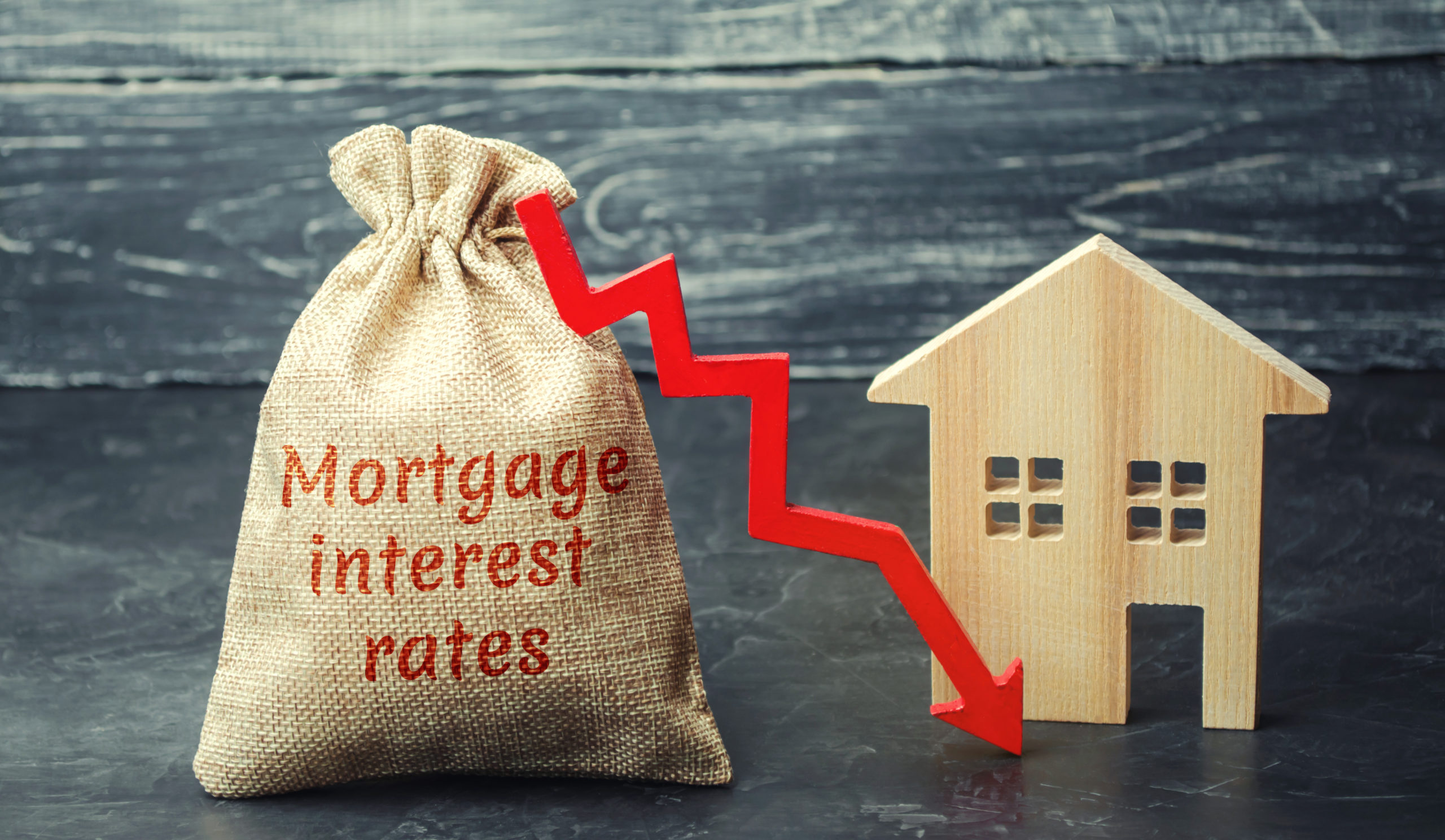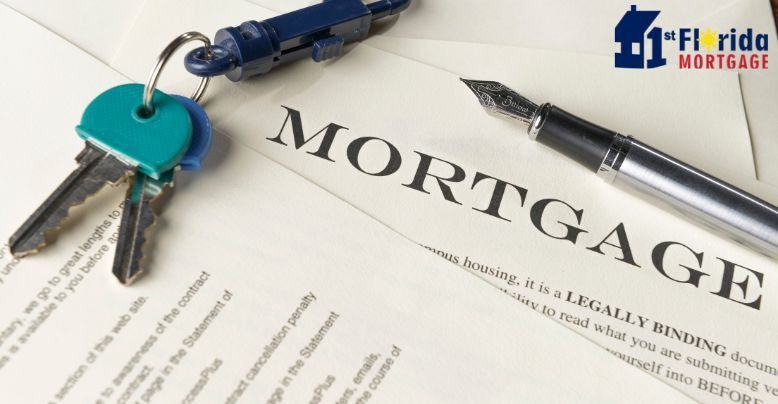Although buying rental property in Florida is an excellent way to generate another income stream, many people never get past the idea stage because they don’t know how to finance a rental property or are scared of getting rejected for a rental loan.
It is true that getting approved and closing on a loan for an investment property won’t be as easy as it was for your primary residence. However, the best way to make sure you have a chance at success is to educate yourself about every aspect of the rental loan process and what the Florida mortgage company will be looking for when they evaluate your application.
To make it easier for you, 1st Florida Mortgage specialists have outlined everything you need to know about securing a loan for a rental property so that you can make your investment dreams a reality.
But let us first start by understanding:
How is Getting a Mortgage for Rental Property Different?
The process of applying for a home loan is generally the same whether you’re buying a primary residence, second home, or investment property. However, a mortgage for an investment property carries a higher level of risk for the lender simply because the property is being bought to generate income and not for personal use.
Here are 3 significant differences between a mortgage for an investment property and a mortgage for your primary residence:
1. Investment properties typically require a higher down payment
The minimum down payment on an investment property is 15% to 20%, whereas you can make as little as a 3% down payment on a primary residence. However, for a down payment lower than 20% on your home, you need to pay for Private Mortgage Insurance (PMI), which can cost between .5% to 2% of the total loan amount annually. Conversely, PMI does not cover investment properties, so you need to have a larger down payment saved up before applying for a loan.
Mortgage companies in Florida offer the best interest rate if the buyer puts down a down payment of at least 25% on a rental loan.
Remember to ask your lender to give you an estimate for both 20% and 25% down payment scenarios so that you can see the difference in your monthly mortgage payment.
2. Investment properties come with higher interest rates
In today’s low-interest-rate environment, the interest rate on rental mortgages is still about 1% to 2% higher than a primary mortgage rate. The exact percentage will vary depending on the type of investment property you’re buying, your credit score, and your equity in the property.
3. Investment properties come with a shorter pay time frame
You typically have a loan term of 30 years for a primary home. But for investment properties, it can either be either fixed-rate loans with terms of 15 or 20 years or adjustable-rate mortgages (ARMs) that have initial fixed periods of 3, 5, 7, or 10 years depending on the loan program.
Lenders’ Requirement for Rental Property Mortgage
Now that we know the main differences between a mortgage for an investment property and a mortgage for your primary residence, let’s look at what is required from the lender’s perspective.
Credit History
As a general rule, you must have a credit score of at least 620 to qualify for a loan on an investment property. And the higher your credit score, the better interest rate you’ll be offered by the lender.
Proof of Income
The mortgage company will want to see a steady stream of income coming in to make sure you can afford the monthly mortgage payments. So you’ll need to provide tax returns for the past two years and recent pay stubs or W-2 forms. If you’re self-employed, you’ll need to provide your business licenses, profit and loss statements, and 1099 forms.
Debt-to-Income Ratio
Another central aspect the lender will look at is your debt-to-income (DTI) ratio. This is the percentage of your monthly income that pays down debts every month. Your ideal DTI ratio to qualify is usually between 36% and 45%. You can also factor 75% of your potential rental income to help qualify you for the loan if you plan on using the property as an income-producing asset.
However, if this is your first time renting, the lender will most likely not factor in any potential rental income and only focus on your current DTI ratio.
Proof of Assets
You’ll need to show the lender that you have enough liquid assets (savings, investments, etc.) to cover the property’s down payment and closing costs. The exact amount will depend on the lender, but as a general rule, you’ll need to have at least 10% of the purchase price saved up.
You’ll also need to have enough assets to cover the monthly mortgage payments if you can’t find a tenant right away or the property is vacant.
As you can see, there are a few more hoops to jump through when applying for an investment property mortgage. But if you’re prepared with all the necessary documentation, the process should be relatively smooth.
Type of Mortgage Loans for Investment Properties
When getting a mortgage for an investment property, there are not as many loan options as buying a home. Therefore, it is always better to compare rates from different lenders to make sure you’re getting the best deal.
Here are some of the most common types of mortgage loans for investment properties:
FHA Mortgage for multi-unit properties
Government-backed lending such as FHA, VA, or USDA loan Florida is not an option for investment properties. However, if you plan to buy a multiunit property (2-4 units) and live in one unit while renting out the others, you may be able to qualify for an FHA loan. Remember that the requirements for an FHA might be less stringent than other traditional loans.
VA Mortgage for multi-unit properties
VA home loans in Florida don’t require a downpayment and can be used to finance up to 100% of the purchase price. These loans are only available to veterans, reservists, eligible spouses, and active-duty military service members.
If you qualify, you can use a VA loan to buy a multiunit property (up to 4 units), and just like FHA, you must occupy one of the units.
Conventional Mortgage for Investment Properties
Conventional loans are for buyers who do not plan on living in the multiunit home they’re buying. These are also called non-owner-occupied loans. You’ll need a down payment of at least 20% and strong credit to qualify.
Alternative Financing for Investment Properties
If you don’t qualify for a traditional mortgage loan, you can apply for a home equity loan, home equity line of credit (HELOC), or cash-out refinance.
Lenders typically let you borrow up to 80% of the equity you have in your home. However, keep in mind that these alternative financing options will likely have a higher interest rate than a traditional mortgage loan.
Shop for a Mortgage Lender
The type of mortgage you get will be a massive factor in whether or not your investment is successful. That’s why it’s so important to compare different lenders and get the best deal possible.
Be sure to ask each lender about their interest rates, fees, loan terms, and conditions before deciding. It’s also a good idea to read reviews from other customers to get an idea of their experience with the lender.
Once you’ve found the Florida mortgage company you want to work with, it’s time to start the application process.
How to Apply for an Investment Property Mortgage
The application process for an investment property mortgage is similar to a regular home loan. However, there are a few key differences that you should be aware of.
For starters, you’ll need to provide more documentation about your finances and your plans for the property. Lenders will also typically require a higher down payment for investment properties than for a primary residence.
Here are some of the documents that you’ll need to apply for an investment property mortgage:
- Financial statement for the past 3 years
- Financial projection for the next 12 months
- Current personal financial statements
- Tax returns of any principal borrower or guarantor for the past 3 years
- Projected rent rolls
All Set to Get Moving on Your Investment Property?
At this point, you will have everything needed to get approved for an investment property mortgage. Although there will be a lot more paperwork required, do not fret. Our reliable 1st Florida Mortgage loan officers will assist you at every step of the process to make it as easy as possible!
